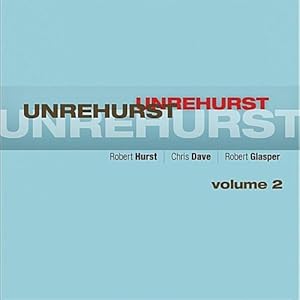 |
| Wallace Roney |
Trumpeter Wallace Roney’s band opened the Templar Jazz Series at the Masonic Temple in Midtown Detroit Friday night with two hot sets of jazz music best described as hard bop on steroids. Roney came to town with a band of young players who looked like teens—with the exception of Roney’s brother sax player Antoine Roney—but they showed they have big league skills.
How good were they? If Roney had come down with a bad cold that prevented him from performing, his band bass player Rashaan Carter, drummer Kush Abadey, alto sax player Arnold Lee and the piano player whose name I did not catch could have carried the concert. No one would have demanded their money back.
The band was hyped up both sets, partly because of the loud and aggressive drumming of Kush Abadey. I could not tell if his microphone was set higher than the others, or if he just liked playing loudly, which is common among too many young jazz drummers out to prove themselves. He has nothing to prove. For goodness sake he is touring with Roney. That speaks volumes.
Anyway, when a jazz band has a pushy and a loud drummer, he makes his band mates work harder than normally required. Abadey pushiness was the only glaring eyesore.
Otherwise the band was tight, particularly Antoine Roney.
Clearly, Roney has spent time pouring over John Coltrane’s early albums as a leader and his worked while on Miles Davis’s payroll. I wonder if Roney hired his brother because he plays like Trane.
Anyway, on sax Roney has a tone so big and wide it could fill up a fat man’s boxer shorts. Roney’s soloing was one of the highpoints of both sets. As for his big brother Wallace, he finally after years of copying his hero Miles Davis, sounds like his own man.
My pal Luis, a red-blooded American jazz fan, disagreed with me. Roney is known as a great jazz trumpet player and a Miles Davis copycat. After the concert, Luis said Roney’s sounded like Miles did on “In a Silent Way” and on “Water Babies”.
To me, Roney’s onstage behavior favors Miles’s.
Last night, Roney never acknowledged the audience. Nor did he give the title of the tunes his band played.
Those were forgivable sins given how good his band played. Both sets were a big step toward establishing the Templar Jazz Series as worthwhile program in a city with a jazz series on damn near every corner.












